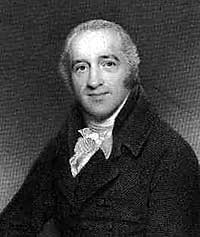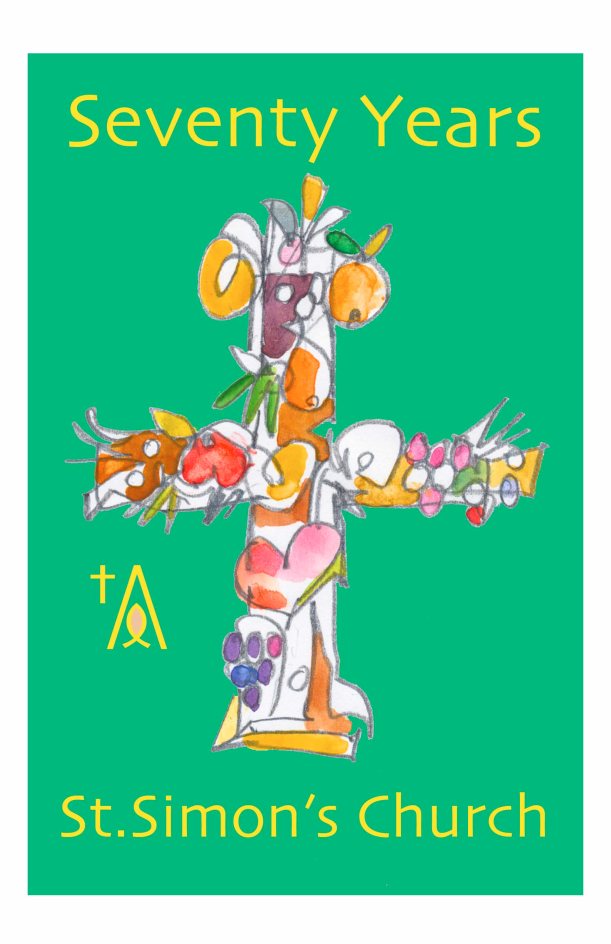My grandson Ryan and I have been in a fierce crib
competition for the past fourteen years. This past weekend he came to visit his
Nana, and the crib board came out of its dark hidden place ready to trounce
this handsome young lad. In the midst of shuffling the cards his brows furrowed
and he questioned me. “Nana, when I was young how come you never let me win?” I
smiled and explained: “One of the most hurtful feelings in life are
disappointments. The sooner we learn to
overcome unmet expectations in a healthy environment, the quicker we grasp the
concept that disappointments are part of life. We have to embrace them and
move on.” I continued: “Furthermore, you
don’t want to become jaded and end up a critical and grumpy old man.” Ryan
nodded and smiled; he got it.
Spending a weekend with my grandson invigorated and
reminded me how important it is to have an open mind in order to stay youthful.
Here are 6 ways to stay youthful.
1. Hang around
with young people. Things are not “the way they used to be.” We have to open
our minds to different ways of thinking and stay current with the lifestyle and
needs of our young people and millennials. Thinking young keeps us young.
2. Cultivate a
thankful spirit. Instead of feeding on
disappointments and being grumpy that life didn't turn out the way we thought
it would, be thankful for the many good things in your life. Ask yourself: “Whom would I rather hang around with, a
scowling and critical person or someone who
expresses appreciation and
gratitude for the every day things in life?” Being thankful keeps the smile
on our face and makes us enjoyable to be around.
3. Forgive
quickly. Over time, unforgiveness harbours anger and
causes us to lash out in ways that can make our faces turn ugly and bitter. It controls our emotions and stops us from being vulnerable and joyful.
4. Remove
stress. We live in a stressful and
demanding generation. But we have to realize that stress is a dangerous enemy
that releases cortisol in our bodies and make us sick. It can cause us to lose sleep, stomach ulcers,
panic attacks, heart diseases and many other physical and emotional
illnesses.
5. Get off the
couch. Energy begets energy and if we want to stay healthy and keep our muscles
strong, we have to move our bodies.
Exercise not only keeps our bodies vibrant and flexible, it rejuvenates
our brain and keeps us alert and focused.
6. Read good
books. Older people’s conversations are too focused on illnesses, medication,
and their aches and pains. Yes, this is
part of life, but wouldn’t you rather hang around with people whose
conversations are filled with meaningful stories, current affairs and tending
topics?
We don’t need to be reminded that we all need to do is drink
lots of water, eat healthy and get plenty of sleep. I am so grateful for this wonderful life God
has given me and I choose to live it with gusto and joy. We are all getting older but I agree with the
Bible that says: “Therefore do not lose heart. Though outwardly we are wasting
away, yet inwardly we are being renewed day by day,” (2 Corinthians 4:16 NIV).
Heidi McLaughlin lives in the beautiful vineyards of the Okanagan
Valley in Kelowna, British Columbia. Heidi has been widowed twice. She is a mom
and step mom of a wonderful, eclectic blended family of 5 children and 12
grandchildren. When Heidi is not working, she loves to curl up with a great
book, or golf and laugh with her family and special friends.
Her latest book RESTLESS FOR MORE: Fulfillment in Unexpected Places
(Including a FREE downloadable Study Guide) is now available at Amazon.ca;
Amazon.com, Goodreads.com or her website: www.heartconnection.ca





















